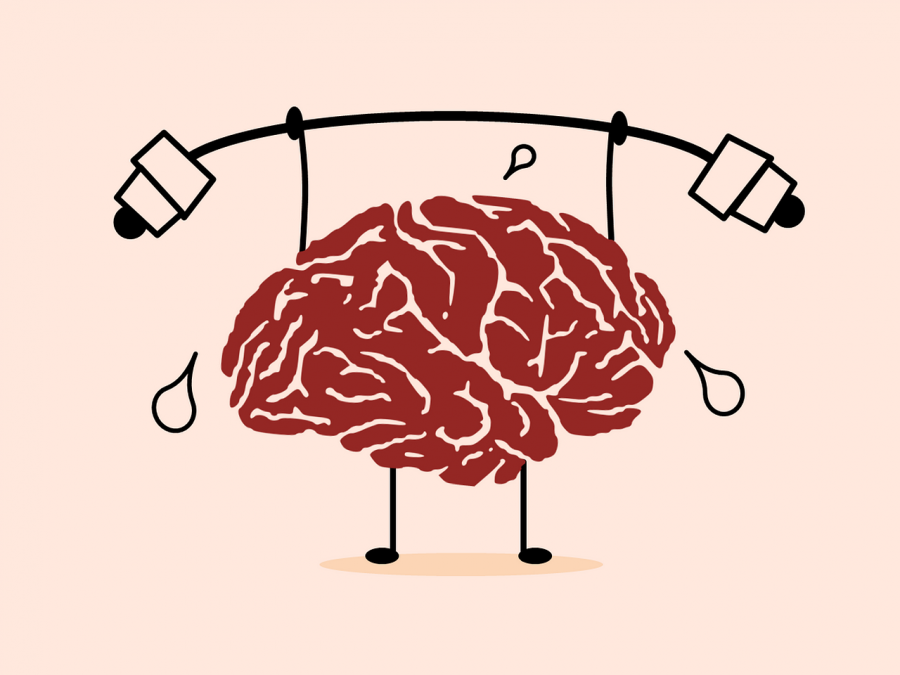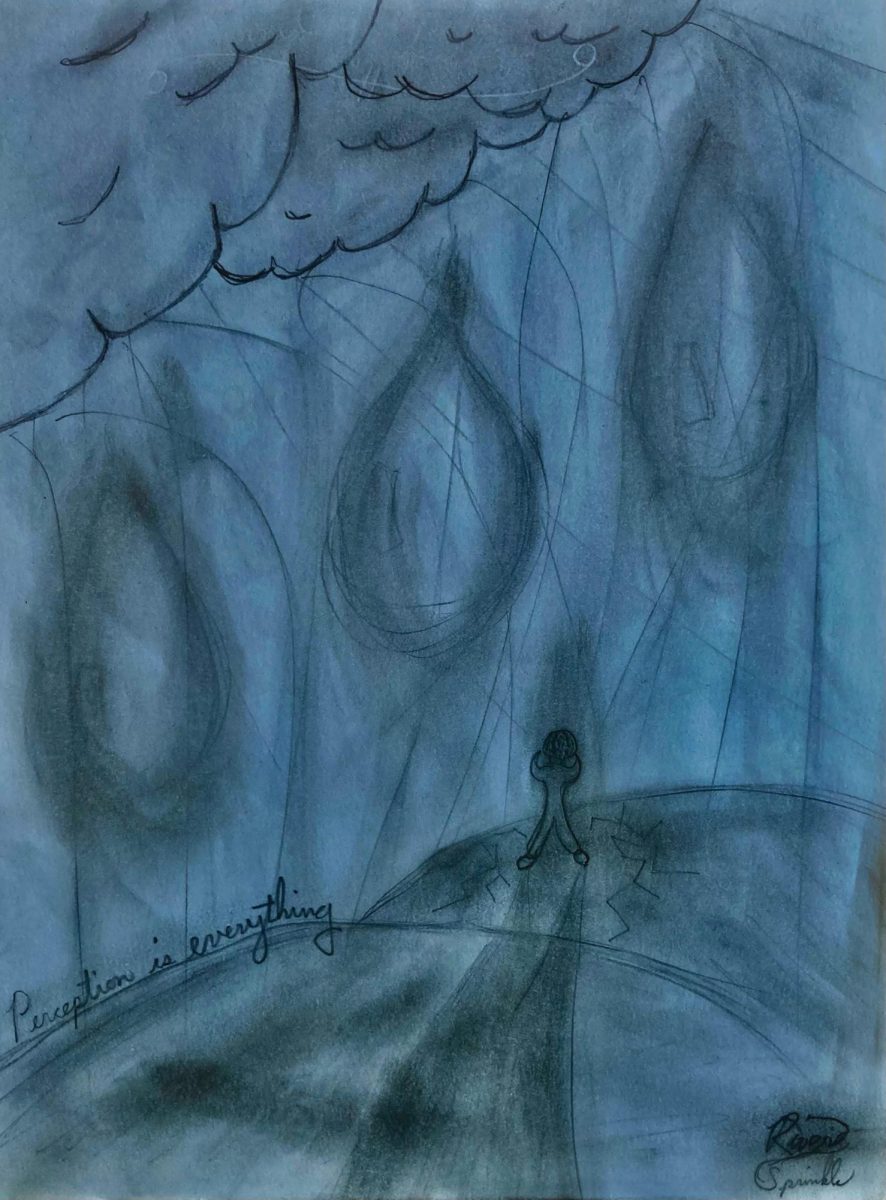Engaging in Self Care is More Important than Education: Advice from Personal Experiences
Being a college student with depression can be difficult; not taking the time to value yourself can make it even worse.
September 12, 2018
After the fourth 12-hour day in a row, I make my way home from my University job and throw myself onto the couch, utterly exhausted and unable to do anything but stare at the bundle of school work I have piling up.
Since The University of Akron implemented Five-Star Fridays, my work day has become long and incredibly tiring. This is not solely the fault of the new initiative, but instead a loaded class schedule that is crammed into four days and having two part-time jobs.
This schedule can take a toll on my mental and physical health, which has been something that I have already struggled with greatly over the past year.
A few months ago I was diagnosed with major depressive disorder, which basically meant I showed many typical signs of long-term depression. I am also diagnosed with anxiety, which I have had ever since I can remember. One of the things that can trigger both of these conditions, especially for me, is high stress.
Because of the high-stress environment that I am in, I have to remember to take care of myself. In the past, like most college students, I have been guilty of ignoring my well-being. I would have rather finished an essay or read a textbook than do necessary things like sleep, eat and shower.
Currently, I have to put aside school work to take care of myself to manage my depression. I never realized how important this was to my mental health until I started actively engaging in self-care.
I have always put education first because I thought it was most important, but in doing so I did myself a huge disservice. I forgot to appreciate myself and in overworking myself, I experienced burnout quicker than I would have if I took frequent breaks.
This semester I decided to focus on myself first. I realized I can still be a star student and take care of myself. Now I attempt to take naps when my body needs it, make dedicated time for recreation, read something other than a textbook and get the sleep my body needs.
Sometimes self care is not always possible, but I make self care goals and strive to achieve them. I feel that other students should follow in my footsteps.
According to the National Institute of Mental Health, roughly 16.2 million adults have a major depressive episode in a given year and the prevalence of adults who experienced an episode is highest among 18-25 year olds. Given these statistics, I am comfortable saying I am probably not alone on this campus in my struggle with depression.
If you have issues with depression or just mental health in general, try to take some time for yourself, even if it is just taking a 10 minute bath or nap. Self care is obviously not going to solve all of your problems, but it does challenge you into valuing yourself before your education.
My experience with self care was not always a positive journey. When I had days where I didn’t even want to get out of bed, I definitely didn’t want to go for a run or do a skin-care routine. It was very gradual; I had to take small steps. If you are new to self care, you may encounter these difficulties.
Luckily I was surrounded by support during my self care journey, which made it possible for me to endure. If you don’t have a support group, I highly recommend that you confide in a family member or friend.
There are also resources out there that are willing to help you for free or at a reduced cost if you don’t have insurance. The University offers free counseling services for students, which is convenient because it is right on campus. There is also Portage Path Behavioral Health in Akron that offers services based on a fee scale if individuals don’t have insurance.
If you need emergency services, you can call the National Suicide Prevention Lifeline at 800-273-8255 or chat with a counselor online with their Lifeline Chat.
Depression was one of the most difficult things I have ever encountered. For me, it was somehow more strenuous on my well-being than breaking a bone or losing a family member.
By engaging in self-care and finding the right resources, I can conquer it on most days. I encourage those with similar mental-health issues to try to do the same or find something that works for them.










ashley garica • Jan 20, 2021 at 12:20 PM
I found your article and reading it was like a wake-up call. I also have been struggling with always putting education first rather than myself. I have done so for as long as I can remember. Although I am just a junior in high school, I want to change my habits and work towards looking after myself. I know I am not the only one, it was nice knowing that other people are going through the same thing. I’m proud of you for trying your best. I want to do the same. As you said, it starts off with little steps. Today, I decided to take a day off from school, initially, I took it off to dedicate it to catching up on the school work I neglected. But reading this article has reminded me I also have been neglecting myself with the basic acts of showering, brushing my teeth, etc. I want to thank you. Still, I probably will do the classwork I said I was going to do, so I don’t stress myself out in the future. But I will also do the things I have been meaning to do for myself. So thank you, and I wish the very best for you. 🙂